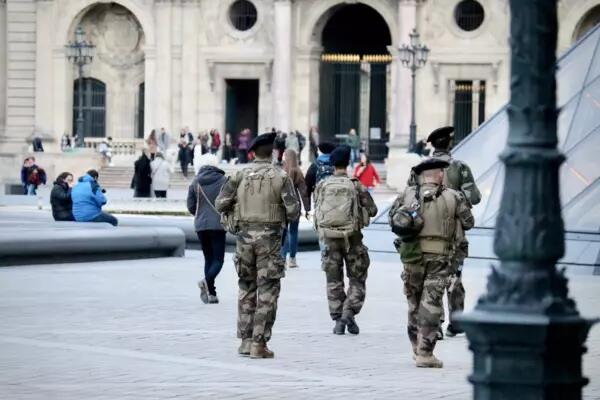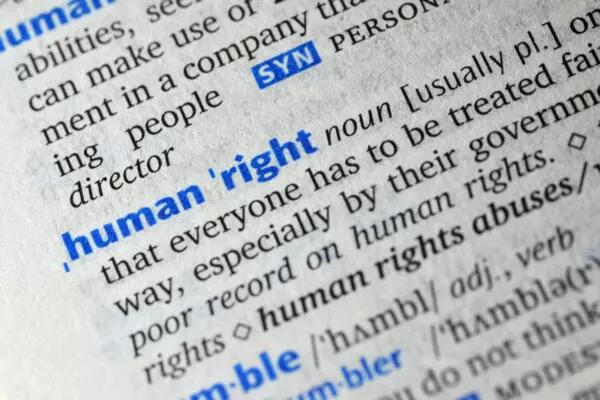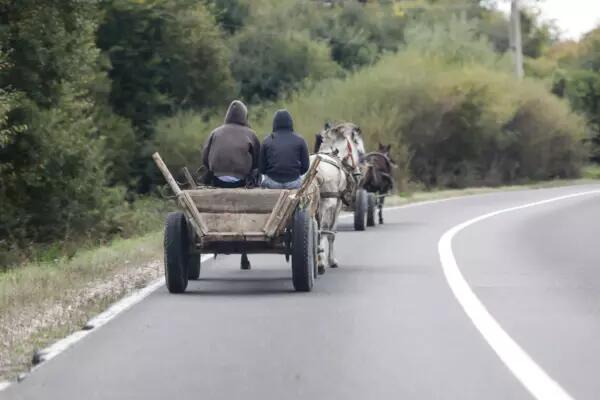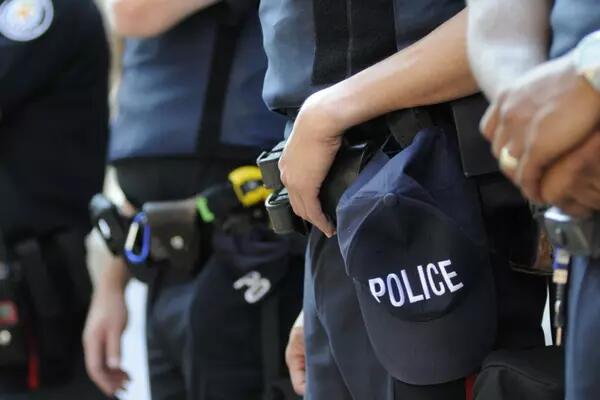Where we focus our research
Criminal justice
We explore global responses to crime, including the evolution of legal and policing practices, new directions in policy-making and efforts to rethink the basic definition of safety
Terrorism and violent extremism
We research counter-terrorism policy and practices, addressing the perennial challenge of insufficient data, developing frameworks for national security accountability, and learning lessons from criminal policing
Human rights practice
We investigate how human rights are defined, measured, and justified by justice practitioners, policy-makers, legislators and advocates in a changing global context
Research in action
Criminal justice
The kinds of questions we ask
How can we measure violence? What happens when police forces gauge performance by case-clearance rates? Why do some defendants choose to stay in jail before their trials? What do the legal strategies in war crimes trials tell us about the pressures on international courts? How can justice systems evaluate success?
Research in action
- Homicide in Latin America: The Global Justice Lab studies and supports innovative approaches to investigating and prosecuting urban homicides in Brazil, Colombia, Honduras and Mexico – jurisdictions where it has often been difficult even to establish how many deaths are murders. Areas of focus include new policing models, institutional actors and performance/success indicators, as well as changing trends in the representation and mitigation of violence.
- The Inside Justice Project: An experimental, peer-based model of research and collaboration, Inside Justice brings together government officials and other experts from around the world to redefine persistent problems in criminal justice. With support from the Open Society Foundations, the aim of this project is to train and support a global response team that draws on collective experience to help resolve problems of justice, security and legal development in countries facing urgent challenges.
- Responding to mass violence: The Lab’s research on institutional responses to mass violence includes in-depth studies of the politics, strategies, practices and professional organization of international criminal trials and tribunals, from Nuremberg to the present day. In addition to helping define key performance indicators, our scholars have conducted extensive interviews with justice practitioners and researched the emergence and persistence of these forums in their historical contexts.
- Community safety and social inclusion: The Lab looks at how contemporary policing can contribute to a broader sense of community safety and social inclusion in Canada and abroad. Lab scholars are researching what such changes mean for police practices, the conduct of justice officials, community relations, and data collection and reporting. Activities to date include a private workshop on indicator development for urban policing, research on pressures faced by police forces managing community safety and social conflict in Europe, and studies by Munk School students on police governance worldwide.
Terrorism and violent extremism
The kinds of questions we ask
What happens when police gang units are transformed into counter-terrorism squads? How does our response to terrorism affect civil liberties? Do risk assessments derived from policing apply in counter-terrorism? If we protect vulnerable sites, will terrorists just focus elsewhere? How do we measure success in countering violent extremism?
Research in action
- Global Counter-Terrorism Law and Policy Group: Confronted with escalating terrorist attacks and threats to public safety and security, justice systems worldwide face intense pressure from communities and political leaders to respond effectively. As justice practitioners try to manage events amidst heightened anxiety, they often lack a solid base of evidence for decision-making. To address this need, the Global Justice Lab has created the Global Counter-Terrorism Law and Policy Group, which studies the responses of justice actors and institutions to terrorist events and evaluates security policy in light of contemporary, historical and comparative research. The Group provides an impartial, academically rigorous hub for analyzing counter-terrorism practice, inviting researchers, policy-makers, practitioners and representatives of civil society to engage in candid conversations on challenges in Canada and abroad.
- Urban policing: Focusing on recent changes in urban policing practices, Lab scholars are investigating the creation of new specialized areas of expertise to counter violent extremism and reassess its relationship with community safety more broadly.
- Countering violent extremism: This research program explores new avenues for justice systems and societies addressing the challenge of extremists who use violence to further their political, religious or other ideological goals.
Human rights practice
The kinds of questions we ask
How do human rights practitioners define a good day? Who do they call for help in tackling complex issues? How do philanthropic foundations shape the practice of human rights? What happens to justice professionals when states review each other’s rights records? What is the relationship between measuring human rights and measuring social well-being?
Research in action
- International institutions: Global Justice Lab researchers are examining how international justice professionals define and measure human rights work – and how justice institutions work in changing social, economic and political conditions.
- Trends in human rights practice: This initiative uses interviews with officials and analyses of annual reports, media releases and other data sources to illuminate the current practices and funding priorities of human rights organizations worldwide. The Global Justice Lab is also part of an international network of educators who deliver programs in human rights practice and develop models for teaching and learning.






